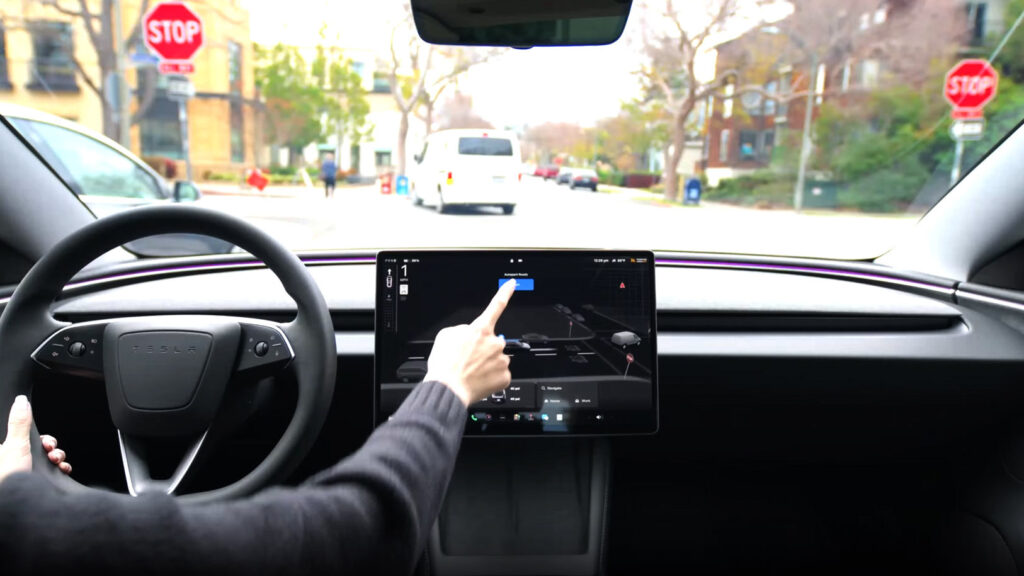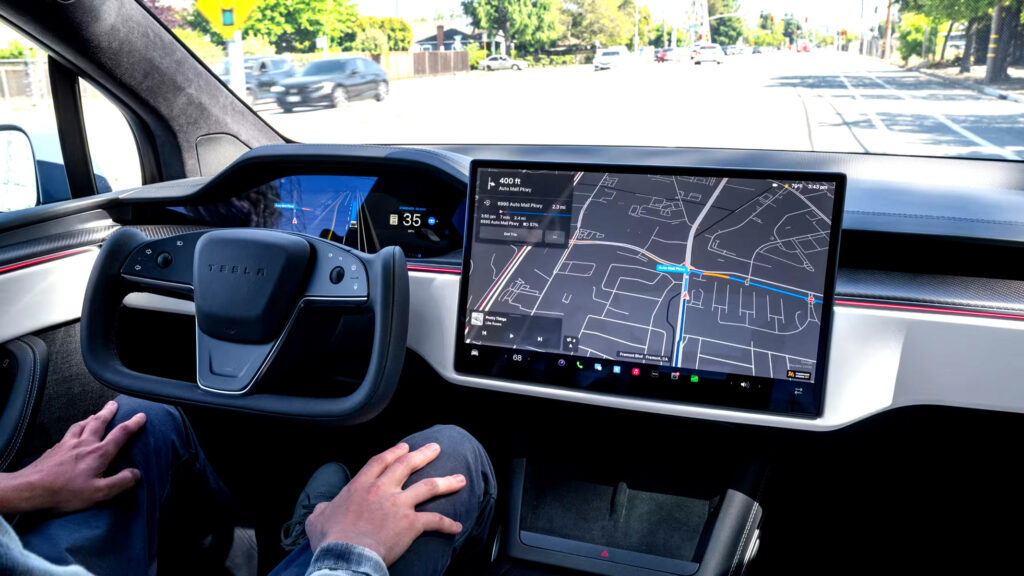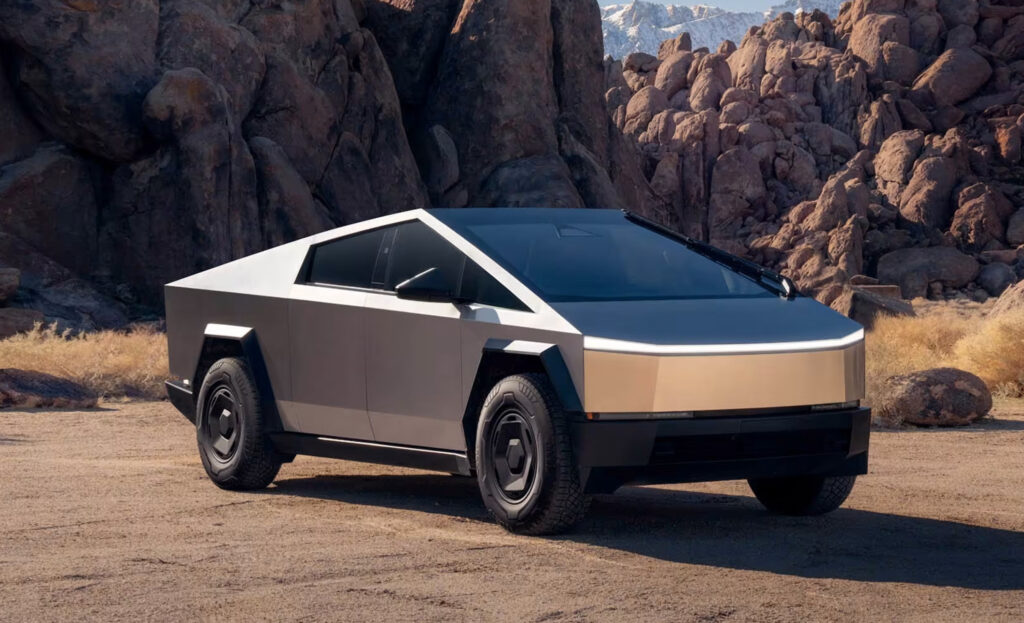After Failing To Crack America, VinFast Wants A Crack At Rolls-Royce Buyers
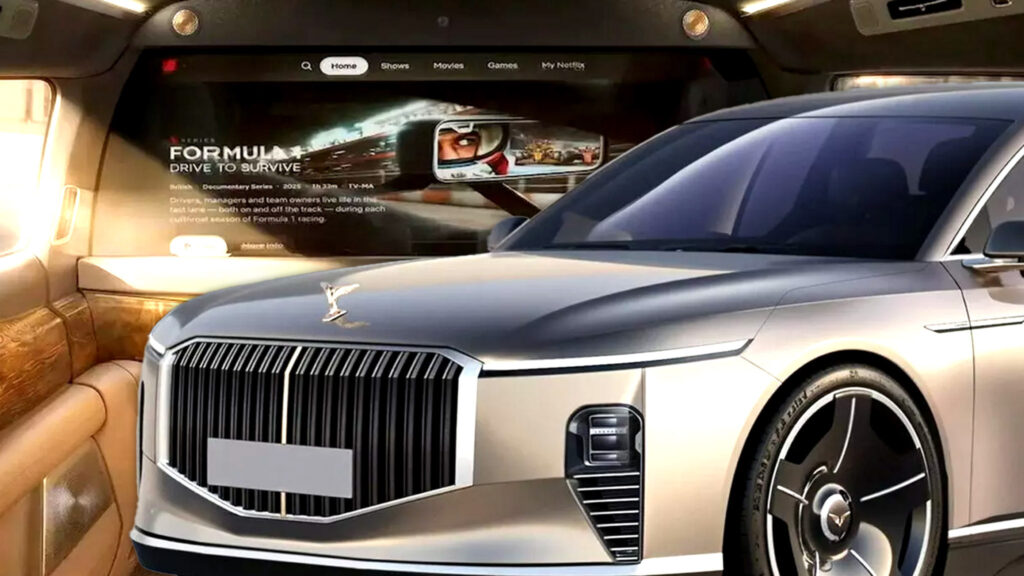
- VinFast has revealed two new Lac Hong models.
- 800S and 900S draw cues from Rolls and Maybach.
- Both electric flagships are due to arrive in 2027.
VinFast may be struggling to crack the world’s most lucrative market here in the US, but that is not stopping it from aiming higher up the food chain. The company has unveiled a pair of flagship ultra-luxury models intended to push its image far beyond the mainstream EV space.
The 800S SUV and the 900S sedan join the existing 900 LX in the Lac Hong high-end lineup, taking aim at the Rolls-Royce Cullinan and the Mercedes-Maybach S-Class, or at least daring to.
The new models feature a large grille with vertical slats inspired by Vietnamese bamboo, flanked by split LED headlights. A gold ornament on the hood depicts the mythical Lac bird, which also appears on the D-pillars and rear emblem. According to VinFast, the Lac Hong lettering on the tailgate is crafted from a genuine gold-plated alloy.
More: VinFast’s American Dream Is Cracking From The Inside Out
The 900S sedan rides on a massive wheelbase and adopts a sculpted profile accented with aluminum trim, while its black wheels look lifted straight from the Maybach playbook. A sloping roofline flows into a fastback-style rear end with T-shaped LED taillights and a pair of vents.
The 800S SUV, by contrast, mirrors the upright proportions of the Rolls-Royce Cullinan, with straight character lines, silver accents, multi-spoke wheels, and a thick D-pillar that reinforces its imposing stance.
Cabin Materials And Interface Layout
Inside, both models combine wood veneers with Nappa leather and gold-plated inserts. The dashboard integrates a single display that houses both the digital instrument cluster and infotainment system. A cylindrical knob on the center console recalls BMW’s iDrive controller. Dual wireless charging pads, manual controls for the power-adjustable seats, and gold-plated speaker grilles round out the presentation.
While both cars share much of their dashboard architecture, the 900S sedan shifts the spotlight firmly to those in the back. It promises generous rear legroom, zero-gravity executive seating, automatic power-assisted doors, and an available partition housing a large-format projection entertainment system and a foldable executive workstation. There is also a starry night headliner and warm ambient lighting to seal the deal.
Tri-Motor Power And Fully Active Suspension
Both models are fitted with an electric powertrain. The tri-motor option produces a combined 617 hp (460 kW / 625 PS), sending power to all four wheels. VinFast has not shared details on battery capacity or range, but it does promise an all-new fully active suspension system engineered to deliver exceptional ride comfort and dynamic stability. The EVs will also feature advanced intelligent technologies and comprehensive safety systems.
More: BMW And Porsche Just Lost China’s Luxury Market To A $100,000 Newcomer
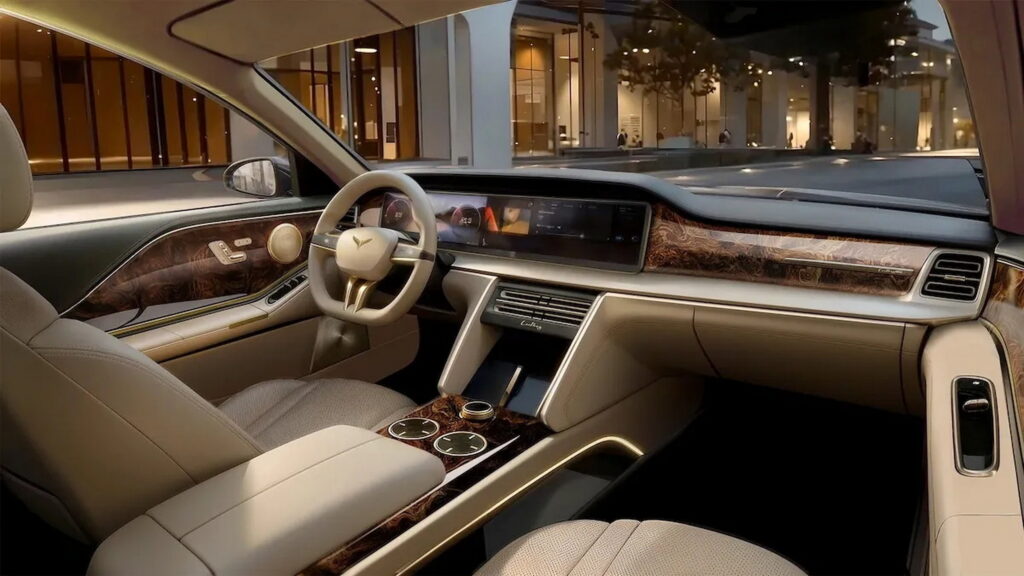
The VinFast Lac Hong 800S and 900S are scheduled to go on sale in 2027. Pricing remains under wraps, though it is safe to assume a healthy step up from the brand’s VF mainstream passenger EVs and Green commercial mobility lines.
And it is not just Rolls-Royce, Maybach, and Bentley in the crosshairs. VinFast’s Lac Hong range will also have to contend with Chinese players such as the Huawei-backed Maextro, which promise similar presence and tech at far more competitive prices.
